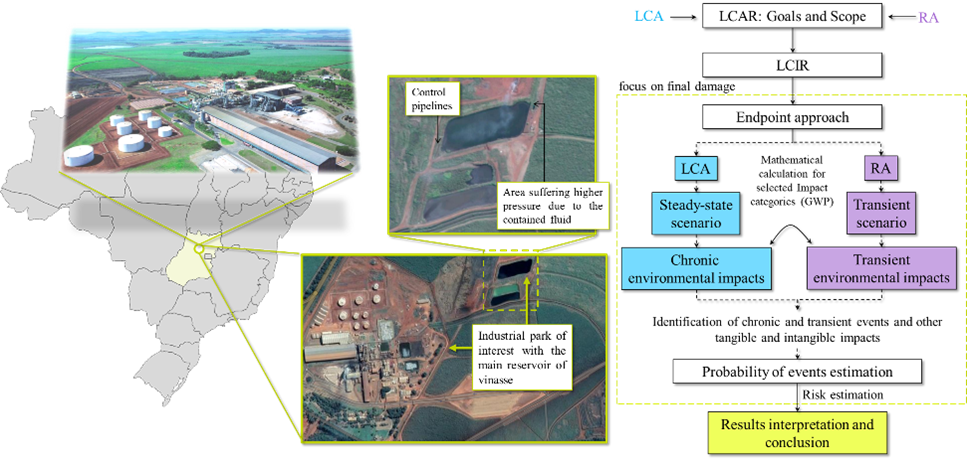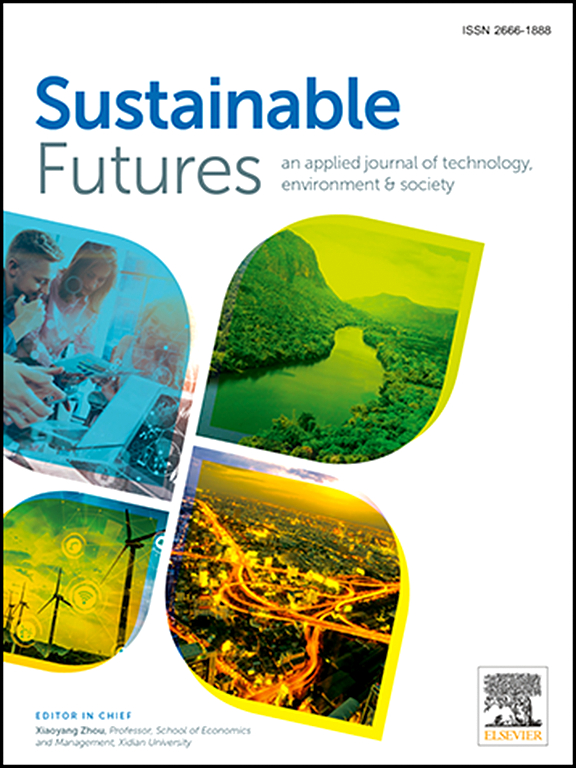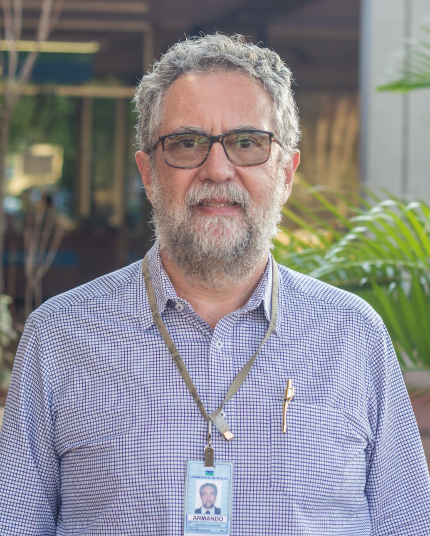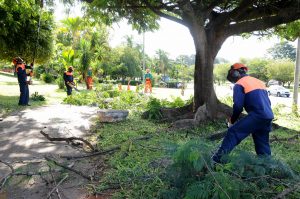This study applied Life Cycle and Risk Assessment (LCRA) to characterize a sugar-energy refinery’s operation, considering greenhouse gas emissions. The introduction of disturbances in mass or energy flows within LCRA enabled the simulation of accidental hypotheses, with the estimation of their environmental impacts from an approach oriented to the final damage. A risk value was assigned to each transient scenario (10, 30, and 100% leakage), and criteria was defined for accepting losses, calculating probabilities and identifying other associated tangible and intangible damages. The method provided a consistent theoretical basis that reduces ambiguity in estimating environmental impacts associated with transient events.





